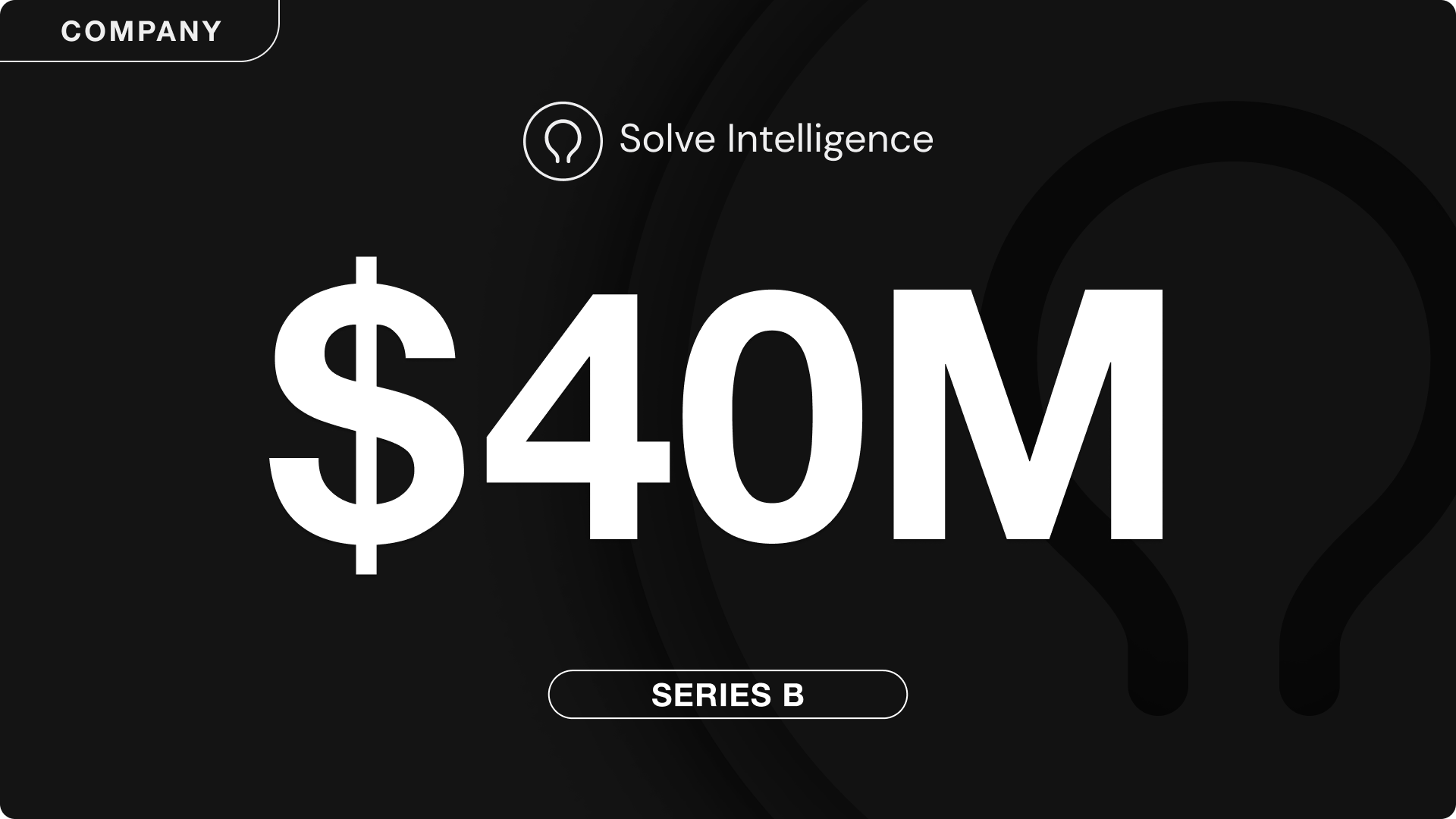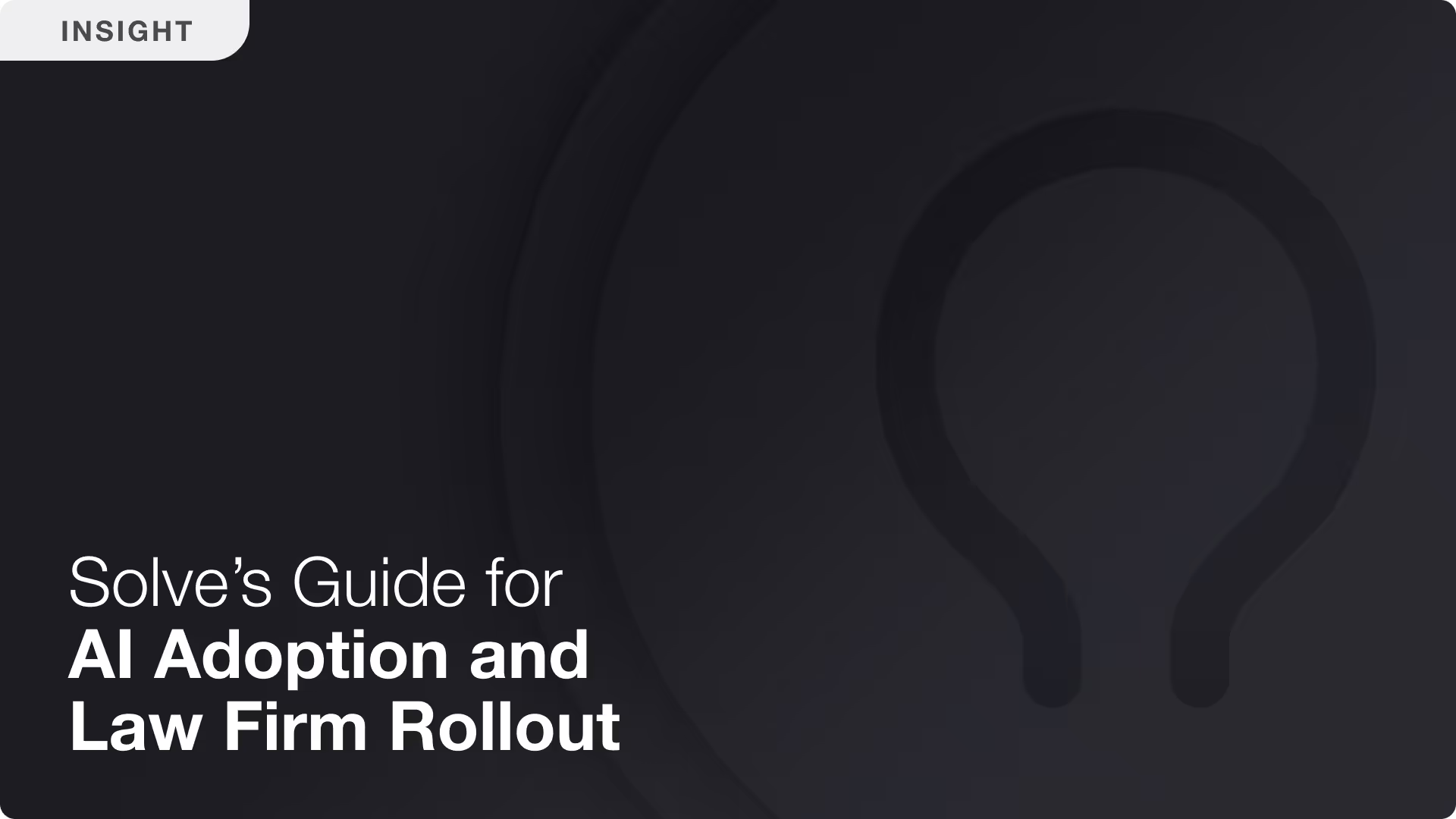Top 10 Tools Patent Attorneys Use for Efficiency in 2024
The legal landscape is changing rapidly with advancements in artificial intelligence (AI), and patent law is no exception. As patent attorneys manage complex processes such as drafting, filing, and litigation, AI tools are emerging as critical resources to boost efficiency, accuracy, and strategic decision-making. AI tools for patent drafting, patent searches, and legal analytics can streamline workflows, helping attorneys focus on the more strategic aspects of their work. In this article, we’ll explore how AI is transforming the patent law industry, the key areas of impact, and the top AI tools patent attorneys are using today.

Introduction to AI in Patent Law
Patent law is one of the most data-intensive and detail-oriented fields within legal practice. Attorneys are tasked with navigating vast amounts of data, including prior art searches, patent claims, and prosecution histories, while adhering to strict deadlines. The sheer volume of information requires efficiency and precision, which is where AI comes into play.
AI tools designed for attorneys are specifically built to alleviate the repetitive, time-consuming tasks patent lawyers face. AI can sift through massive amounts of data in minutes, perform complex searches, and even assist with drafting documents—all with higher accuracy than traditional manual methods.
For example, AI patent search platforms leverage machine learning and natural language processing to analyze and categorize millions of patents worldwide. This speeds up the search process and minimizes the chance of overlooking critical prior art, a key concern for patent attorneys. Moreover, AI-driven tools for patent drafting can assist in the meticulous process of preparing patent applications by suggesting improvements in language, compliance, and even legal strategy.
Key Areas Where AI Enhances Patent Attorney Efficiency
The application of AI in patent law goes beyond simple automation. AI enables attorneys to work smarter, more efficiently, and with greater precision. Let’s take a look at three of the most impactful areas where AI is making a difference.
1. Patent Drafting
Patent drafting is a critical, yet often time-consuming task for attorneys. The complexity of creating a patent application, ensuring the language is both broad enough to protect the invention and specific enough to meet legal standards, requires precision. Traditionally, attorneys must rely on manual drafting skills and manual review of patent applications.
AI patent drafting tools assist in this process by suggesting improvements based on prior applications, highlighting areas where the language could be optimized, and identifying potential inconsistencies. These tools reduce the likelihood of rejection and save attorneys hours of drafting and revising. By automating parts of the drafting process, AI tools ensure that attorneys can focus on the strategic elements of the patent, such as the scope of protection and potential litigation risks.
2. Patent Search
Conducting prior art searches is essential for patent attorneys to determine if an invention is novel and non-obvious. Traditionally, this involves combing through thousands of existing patents, academic publications, and technical documents. This process can take weeks or even months, with no guarantee that every relevant document has been reviewed.
AI tools for patent searches, powered by machine learning, significantly accelerate the search process. These tools are capable of analyzing vast patent databases, legal literature, and even non-patent literature to provide comprehensive search results in a fraction of the time. The accuracy of AI-driven searches is also improving as the technology evolves. AI can detect synonyms, related concepts, and contextual similarities that may be overlooked in manual searches, ensuring a more thorough examination of prior art.
3. Legal Analysis and Strategy
The complexity of patent law extends beyond drafting and searching; it also involves crafting sound legal strategies, during both the prosecution of a patent application and litigation of a patent. AI tools can assist attorneys by providing data-driven insights based on historical legal data, including litigation outcomes, settlement patterns, and even judge or examiner tendencies.
AI can analyze vast datasets to predict potential prosecution or litigation outcomes, helping attorneys refine their strategies. By processing patent portfolios and litigation records, AI tools can identify patterns in legal decisions and Office action rejections, giving attorneys a better understanding of how similar cases have been handled in the past. This data-driven approach allows patent attorneys to anticipate challenges, develop more informed strategies, and advise their clients with greater confidence.
Top AI Tools Patent Attorneys Are Using
As the use of AI in patent law grows, so does the number of AI tools available to help attorneys streamline their work. Below is a list of some of the top AI tools used by patent attorneys today. Each tool offers distinct capabilities, from patent searches to drafting assistance, analytics, and legal research.
- Solve Intelligence: Solve Intelligence is a company specializing in AI-powered tools to streamline the patenting process. By leveraging AI, Solve helps with all stages of the patenting process, from drafting and invention disclosure creation to responding to office actions, aiming to reduce costs and time associated with the traditional patenting workflow.
- Lex Machina: Lex Machina is an AI-powered legal analytics platform that transforms legal data into actionable insights, particularly valuable for patent litigation and intellectual property law.
- Relativity: Relativity is a leading provider of e-discovery and data management solutions, offering AI-powered tools to streamline document review and case analysis.
- vLex: vLex's Vincent AI is a powerful legal research tool that accesses over 1 billion documents across 110+ countries. It helps lawyers quickly answer legal questions, analyze documents, and compare laws across jurisdictions.
- Clearbrief: Clearbrief is an AI-powered tool designed to streamline legal writing and enhance the accuracy of legal arguments. Integrated directly into Microsoft Word, it allows lawyers to quickly find and insert relevant facts from discovery documents, while generating hyperlinked timelines, exhibits, and a Table of Authorities.
- PatSnap: PatSnap is a platform that focuses on intellectual property (IP) and research and development (R&D) intelligence. It helps organizations streamline patent search, prior art analysis, and innovation processes by leveraging advanced AI, including its proprietary large language model (LLM).
- Innography: Innography, part of Clarivate, is an AI-driven platform for IP management, providing tools for patent search, portfolio analysis, and competitor monitoring.
- Cipher: Cipher is an AI-powered intellectual property analytics platform developed by Aistemos, designed to help organizations make strategic patent decisions. Using machine learning, Cipher enables patent owners and legal teams to classify and analyze large patent portfolios, offering insights into technology landscapes and competitor activities.
- ContractPodAi: ContractPodAi is a leading AI-driven contract management platform designed to streamline the entire contract lifecycle. It offers tools for drafting, negotiation, review, and analysis of contracts, leveraging AI and natural language processing to automate time-consuming tasks.
- Patentics: Patentics is an AI-driven patent search and analytics tool that simplifies complex patent research tasks. It utilizes advanced semantic search algorithms to make patent information more accessible, enabling users to efficiently classify, analyze, and evaluate patent portfolios.
AI’s Growing Role in Patent Law
AI’s integration into patent law is not just a trend; it is a significant shift that will continue to shape the future of the profession. As AI technology advances, the potential applications in patent law will expand, offering new ways to improve efficiency, reduce risks, and elevate the quality of work patent attorneys produce.
The role of AI in patent law extends beyond time savings. It enhances the accuracy and thoroughness of critical tasks like patent searches and drafting, reducing the risk of human error and oversight. AI-driven analytics also help attorneys predict litigation outcomes with greater confidence, leading to better-informed decisions and strategies.
Firms that invest in AI tools now are preparing for the future of legal practice. As the complexity of patent law continues to increase, particularly with the rise of new technologies and innovations, AI will become an indispensable asset for patent attorneys. Those who embrace AI early will be able to serve clients more efficiently, offer data-driven insights, and, ultimately, gain a competitive edge in the marketplace.
Conclusion
AI tools are already transforming the practice of patent law, helping attorneys navigate the complex and data-intensive world of patents with greater efficiency and accuracy. Whether through automated patent drafting, AI-powered searches, or legal analytics, these tools allow attorneys to focus on what truly matters: strategic legal thinking and providing value to clients. As AI continues to develop, patent attorneys who integrate these technologies into their workflows will be better equipped to succeed in an increasingly competitive legal environment.
Here at Solve Intelligence, we are committed to building AI-powered platforms that assist with every aspect of the patenting process while keeping patent professionals at the helm of these powerful tools. In this way, we give patent practitioners the control needed to reap AI's benefits while mitigating its associated challenges. Our Patent Copilot™ helps with patent drafting, patent filing, patent prosecution, office action analysis, patent portfolio strategy and management, and future patent infringement analyses. At each stage, our Patent Copilot™ works with the patent professional, keeping them in the driving seat, thereby equipping legal professionals, law firms, companies, and inventors with the tools to help develop the full scope of protection for their inventions.
AI for patents.
Be 50%+ more productive. Join thousands of legal professionals around the World using Solve’s Patent Copilot™ for drafting, prosecution, invention harvesting, and more.




